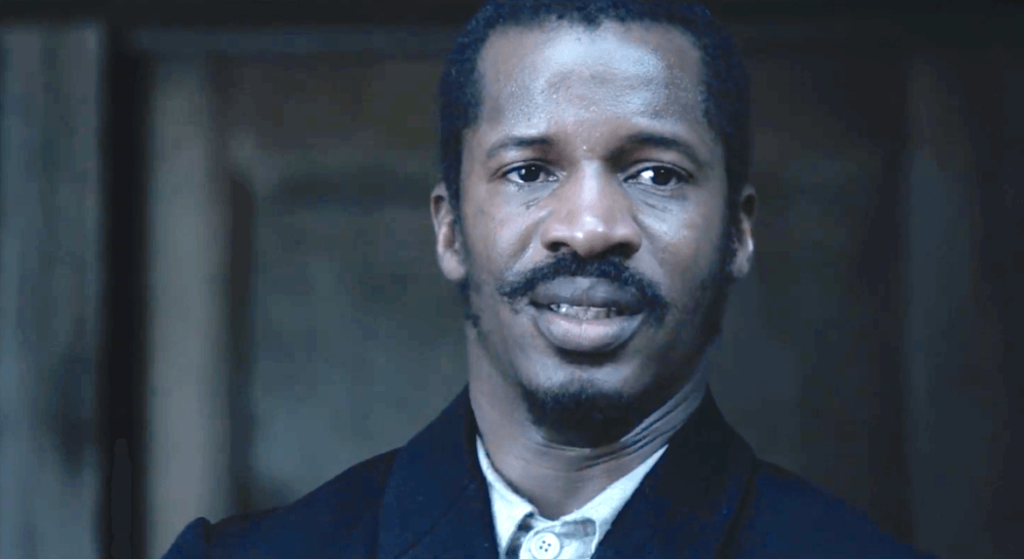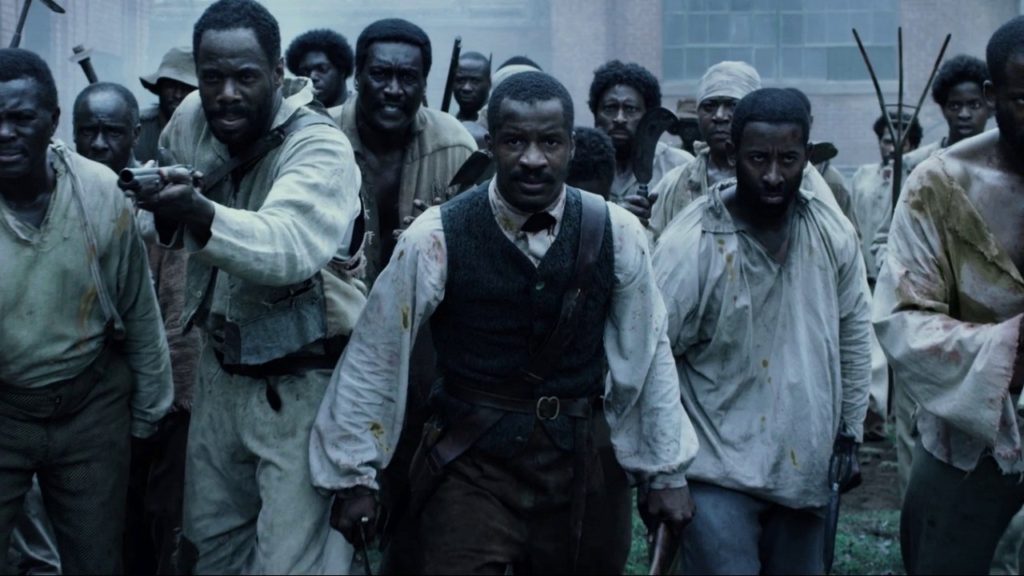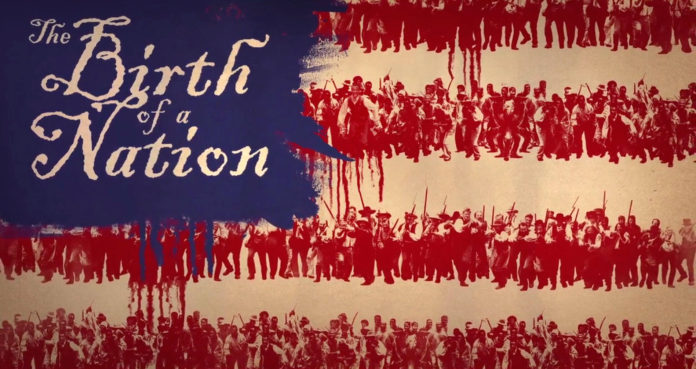Many films have been made regarding slavery, especially in recent years. These films have allowed us to travel back in time and take a peek at some of the more horrific moments of our history.
Nearly all of the films and television shows involving slavery tend eventually to end in a place that sees justice done. 2016’s “The Birth of a Nation” seeks to tell a story that informs us as much as it aspires to bend our will. One of the pillars of “The Birth of a Nation” is that it tells a story that leaves no person innocent by the time the credits roll.
“The Birth of a Nation” gets its name from D. W. Griffith’s 1915 film of the same name. That film has now been recognized as a work of propaganda for the Ku Klux Klan, and that was the reason the film’s director, Nate Parker, chose to use the title: to reclaim the title in order to defend against slavery and racism instead of advocating for it.
The story is based upon the true story of Nat Turner (Nate Parker), a slave and a preacher who travels around Southampton County, Va., speaking to other slaves in order to prevent their insurrection. In order to pay off debts he owes to his master, Turner is compelled by his master (Armie Hammer) to quell the potential hostility of his fellow slaves.
Nat and the other slaves on the Turner farm are treated better than the slaves on surrounding plantations, but as he travels around and witnesses the inhumanity with which his fellow slaves are treated, he stages a slave revolt.

What makes this story so compelling is the way it depicts slavery. It focuses on the truth of slavery, that there were slave masters who did not treat their slaves miserably all of the time.
Writer, director and star Nate Parker juxtaposes Nat Turner’s master with some of the other masters in the area, and it is readily apparent that Samuel Turner treats his slaves better than the surrounding masters. That said, Turner still owns slaves, treats them as less than human and is not a good guy. He is only somewhat less despicable than his fellow slave owners.
“The Birth of a Nation” isn’t interested in lying about slavery, one way or another. It doesn’t seek to exaggerate what slavery was because it makes the case that slavery was one of the worst atrocities humankind has ever inflicted upon itself. It doesn’t need to lie to get that point across.
At the same time, the film does not make light of slavery either. The main point of this film, first and foremost, is to make the audience confront the sins of our ancestors. “The Birth of a Nation” does not want anyone walking out of the theater feeling proud.
The film is powerful in the message it tells, and it takes its time in getting to the eventual revolt. That works well for this film because it does help bring context to the mindset of Nat Turner and the slaves who join his revolt.
We may not believe that we would ever need context to explain why a slave would want to revolt, but part of that process is allowing us to witness the horror of slavery through Nat’s eyes. He is almost as appalled as the audience, and that allows the viewers to connect with him and his revolt in a way I don’t believe possible if the proper context wasn’t provided.
That said, when the revolt happens, it is not a moment of rejoicing. Just as slavery was evil and horrific, so too was the revolt which served as a response to it. One understands why the revolt is happening and wants Nat and his fellow slaves to earn their freedom, but the murder of various slave masters and their families is hard to watch.
Again, Parker wants us to all witness the events as they happened, and part of that is watching an act of barbaric vengeance occur as a response to an act of barbaric injustice.

The cinematography in the film doesn’t attempt to get too complex, which only serves to strengthen the idea of a clear presentation of the story. The color palette is muted in order to evoke the darkness and evil that is central to the film. Many of the shots are sustained in length so the audience has time to confront the action within the scene.
Lastly, just as Parker knows when to show the violence on screen, he knows when not to — allowing us to reflect on what is happening without shoving the narrative in our face.
All of this said, “The Birth of a Nation” is great. It is not a feel-good film, but love is a theme that runs through its DNA. You feel invested in the characters, which only makes the film more tragic as the revolt unfolds.
It does suffer some pacing issues early on, but the film finds its heart about one-third of the way in and doesn’t look back. It’s not a film that everyone is going to enjoy, but it is a film that discusses a topic everyone needs to be informed about.
I give 2016’s “The Birth of a Nation” 8.75 out of 10.

















